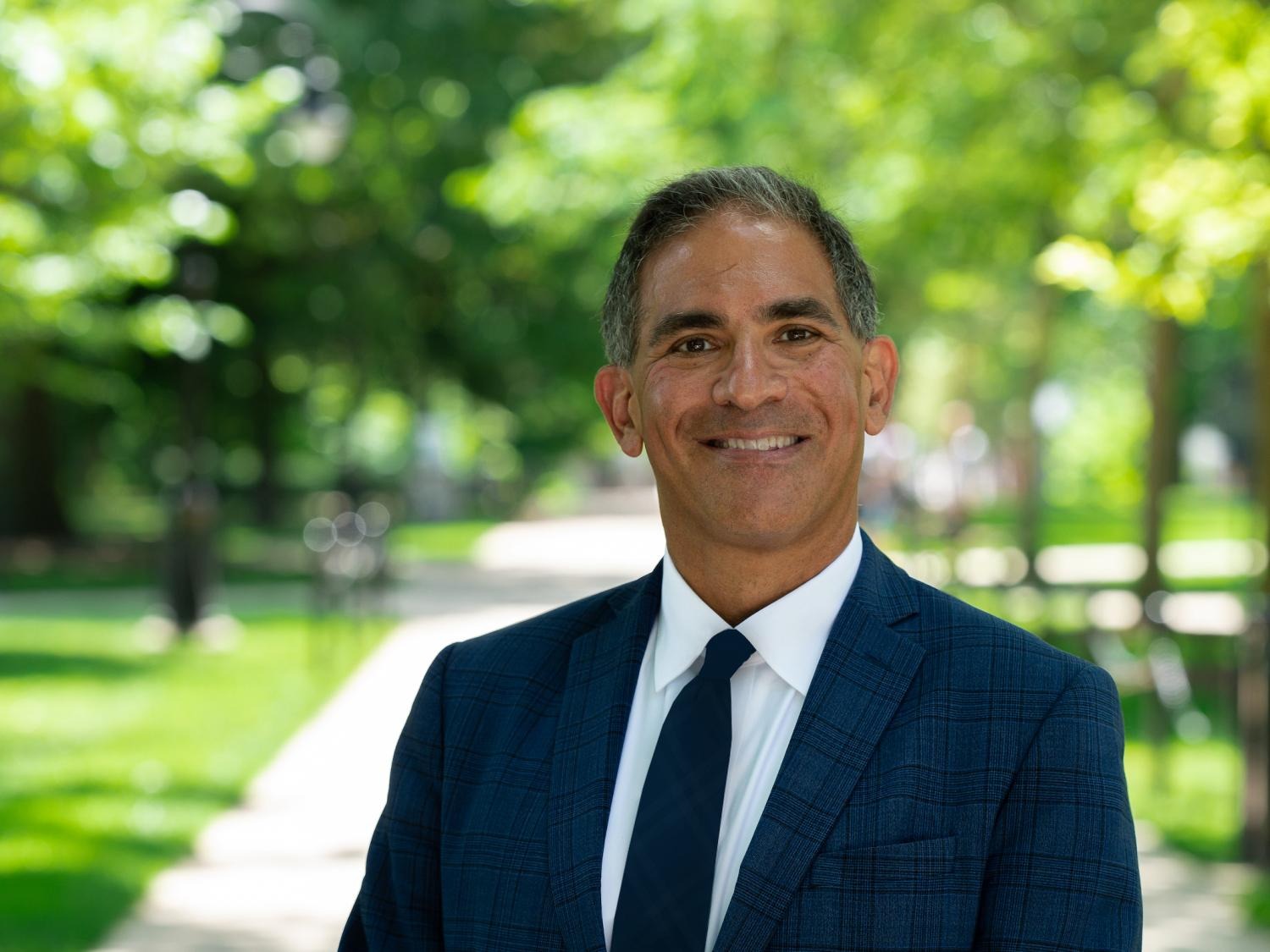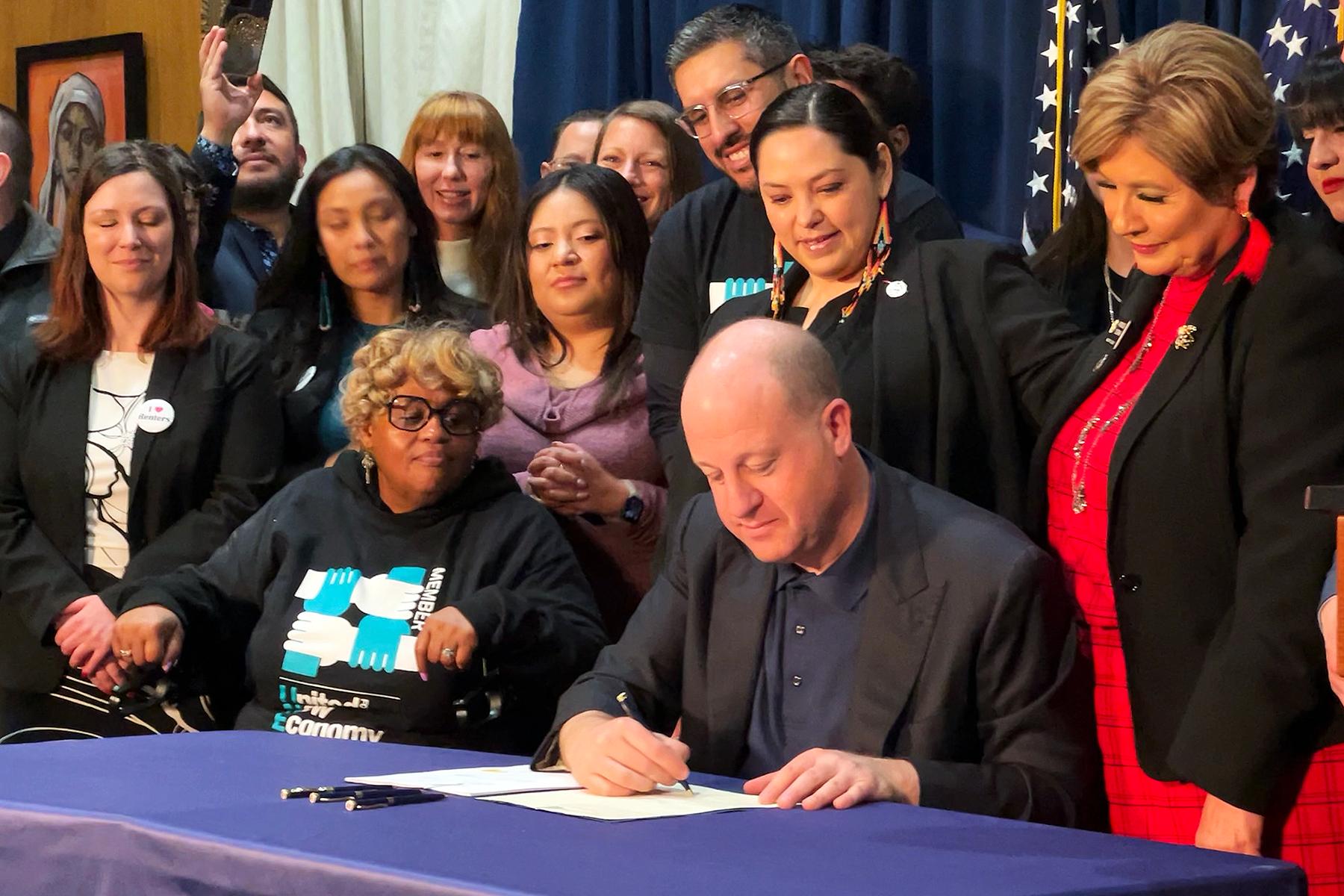
One Coloradan’s lawsuit against the U.S. Department of State asks for another option to a question on passport applications that most people answer without even thinking: male or female?
Dana Zzyym of Fort Collins is intersex, neither male nor female. They want the U.S. to adopt the policy of other countries including Australia and India, whose citizens can put an "x" in the gender box on passports. Zzyym is represented by Lambda Legal in Dallas.
In the U.S., the State Department allows someone who's transgender to choose male or female as they prefer. But it doesn't allow anybody to choose anything but those two options.
The case is waiting on a judge’s decision in federal court in Denver.
Julie Greenberg, a professor who specializes in intersex issues at the Thomas Jefferson School of Law in San Diego, told CPR's Mike Lamp about how the case might play out.
"When Dana was born, the doctors did not identify Dana as either male or female. On Dana’s birth certificate it was marked “unknown” for sex. So that is why Dana is in a bit of unique situation," Greenberg said.
What's the State Department's argument?
"The State Department has two arguments. One, it argues that every other government agency, both state or federal, only allow Ms or Fs. So it's being consistent with what other government entities in the United States do. The other argument is it needs to know M or F in order to be able to figure out who people are, for instance, in checking criminal records -- that that is a way to help the State Department identify somebody in addition to their name, birthdate and other factors that help us identify who somebody is."
But the State Department allowed Dana to choose M or F, right?
"That's one of the interesting facts in this case, that they said Dana could choose F because that would be consistent with Dana's driver's license in Colorado. They also said that if you provide documentation, we'll let you choose M. So the State Department is saying, 'look, this will help us identify you.' But they're also saying, 'you can be M or F.' So it's not really clear how it helps the State Department identify that Dana is who Dana says that they are."
Does that undermine their argument?
"That was Dana's argument. And it's a fairly persuasive argument."
What could be the implications of this ruling?
"It depends on how the judge frames his ruling. Most likely, the judge will keep it narrowed to these facts. So it wouldn't apply to documents issued by other federal agencies. It wouldn't apply to document issued by state agencies like birth certificates or driver's licenses. So we'll have to see how the judge rules. But more likely, the judge would make it a narrow ruling applicable to passports, as presented in Dana's case."
Could it open a door, though?
"It would definitely open the door. Whether it would lead to sweeping changes? We'll have to see. But the trend is that a lot more people are arguing for getting rid of gender markers. And we do have a number of countries that have already done that. But it's a long process rather than something that will happen instantaneously based on what happens in this one court case."








